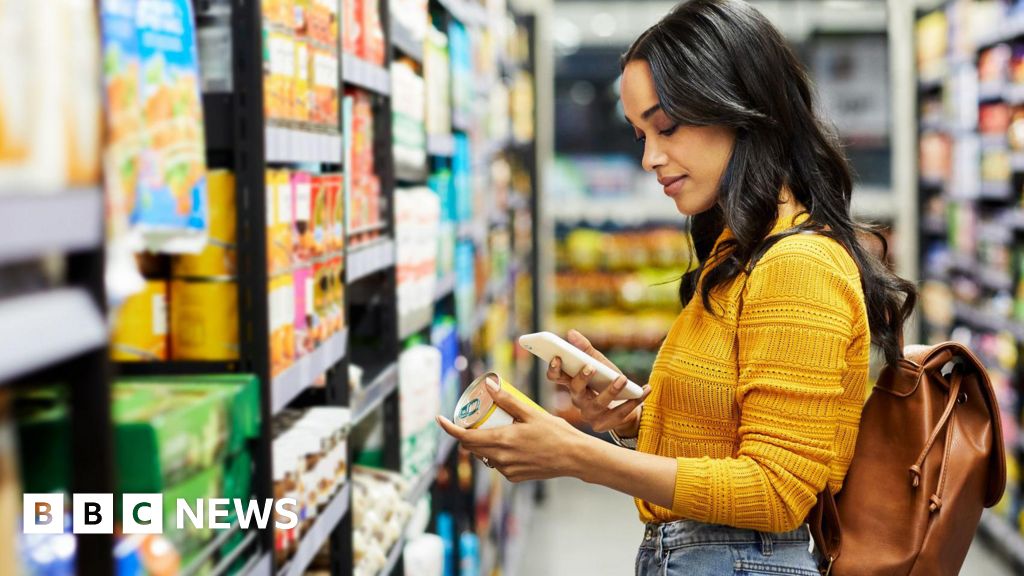UK inflation surged in the year leading to January, primarily driven by rising food prices, air fares, and an increase in private school fees. The unexpected rise to 3% from 2.5% in December marks the fastest price increase in 10 months. Essential food items such as meat, eggs, butter, and cereals have become more expensive, coinciding with anticipated hikes in energy and water bills later this year. The government acknowledged the path to low inflation would be challenging, amidst political debate over fiscal policies. Rising food costs have made grocery shopping 3.3% pricier than the previous year, with notable increases in items like olive oil and lamb. The inflation measure, reflecting annual living cost changes, precedes expected energy bill hikes in April, alongside impending rises in water and council tax bills. From April, the minimum wage will increase across all age groups, along with benefits and state pensions. However, businesses caution that higher wages and National Insurance may lead to increased consumer prices. Gaby Cowley, a young mother, expressed concerns over escalating food prices, noting a near doubling of her grocery expenses over three years. Air fares, which typically rise in December and fall in January, saw a smaller decrease than usual, according to the Office for National Statistics (ONS). Private school fees rose by approximately 13% due to the reintroduction of VAT. The sharper-than-expected inflation rise has prompted speculation on the Bank of England’s interest rate strategy. Despite recent inflation easing, rates remain above the Bank’s 2% target, leading some economists to suggest a slower pace of future cuts. Professor Jonathan Haskel noted policymakers might view the spike as either a temporary fluctuation or a sign of future trends. Grant Fitzner of the ONS described the VAT impact on private schools as a one-off event, while Sarah Coles from Hargreaves Lansdown warned of potential ongoing food price increases. Treasury’s James Murray admitted achieving the 2% inflation target would be challenging, emphasizing economic reforms to stimulate growth. Political figures attributed the inflation rise to various fiscal policies, with concerns over stagflation risks. Ruth Gregory of Capital Economics suggested the inflation rise might not deter further rate cuts but could affect their pace. — news from BBC.com
